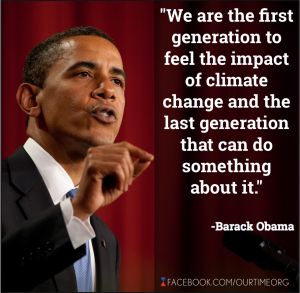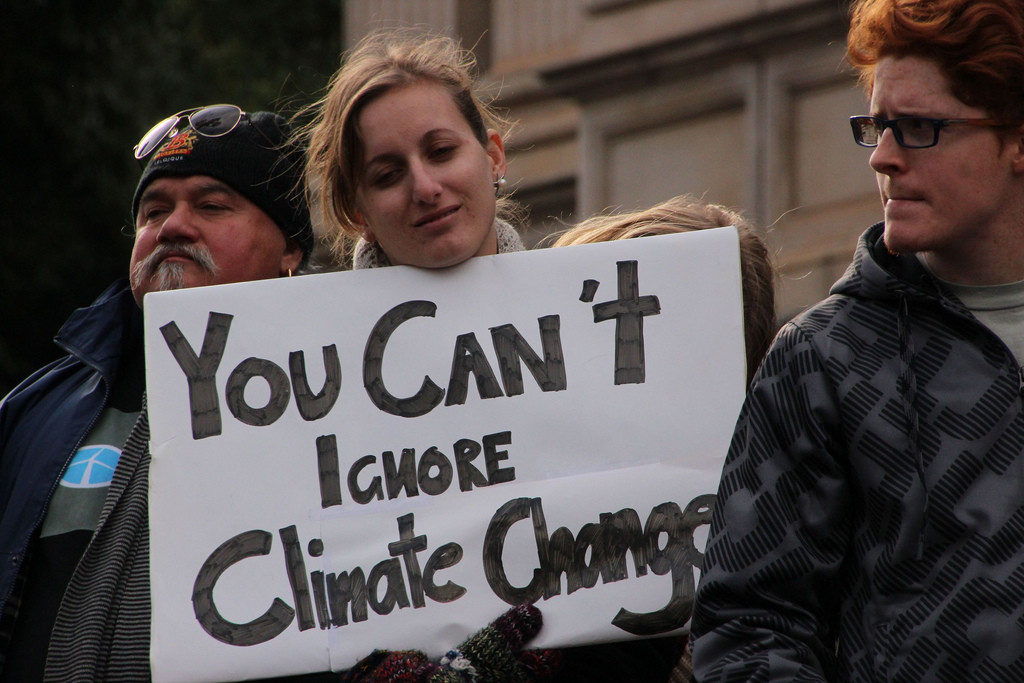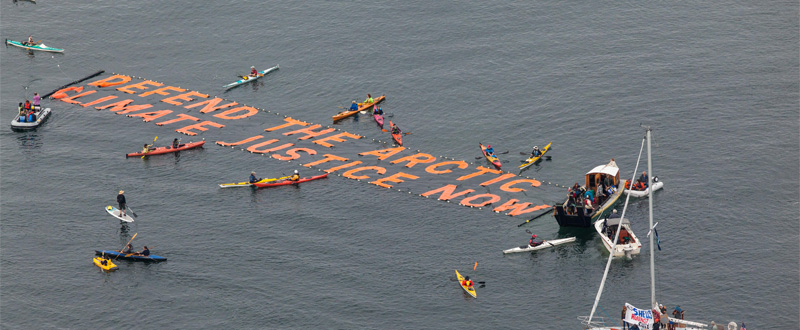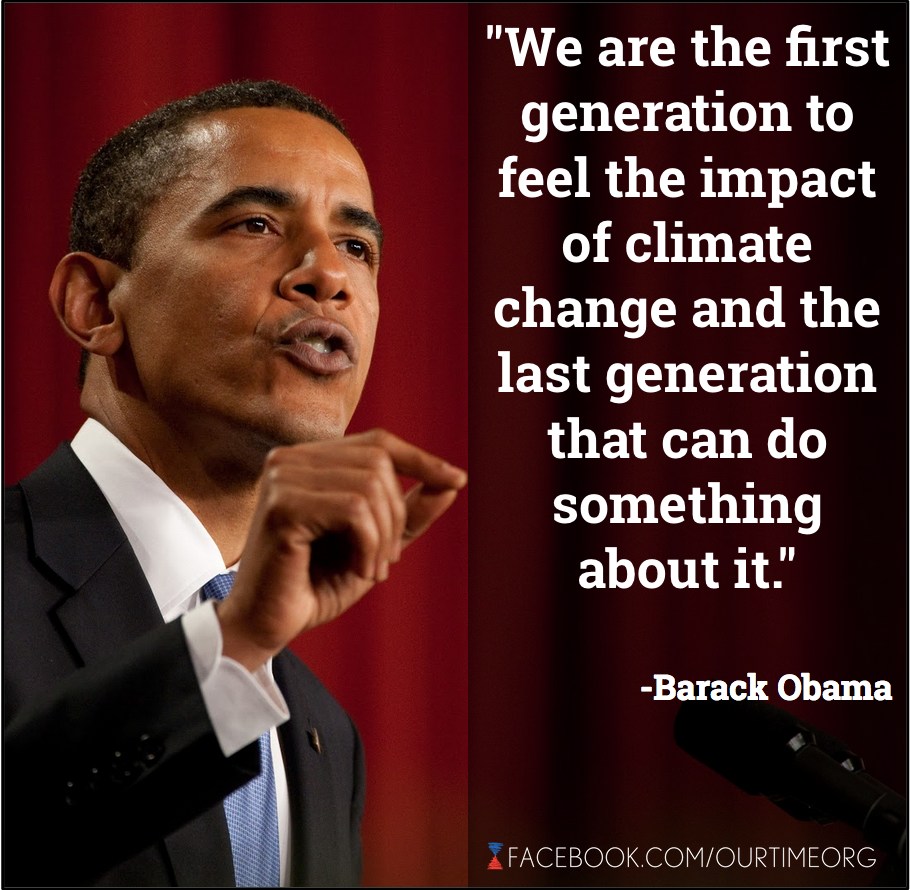 This could be the Caribbean region’s moment to shine. The time for us to become a leading voice in global climate change discussions and policy making. A time at which the debate surrounding climate change is still fresh and unsettled as climate change deniers, previously the majority, now remain few although extremely vocal. At this key juncture, we see new industries being created, new opportunities for wealth emerging and new policies being formed to govern the way all countries consume energy. As the leaders of developed countries meet time and again to shake hands over energy and conservation deals together worth US$ trillions, who will we, as a collective region, choose to be in these discussions?
This could be the Caribbean region’s moment to shine. The time for us to become a leading voice in global climate change discussions and policy making. A time at which the debate surrounding climate change is still fresh and unsettled as climate change deniers, previously the majority, now remain few although extremely vocal. At this key juncture, we see new industries being created, new opportunities for wealth emerging and new policies being formed to govern the way all countries consume energy. As the leaders of developed countries meet time and again to shake hands over energy and conservation deals together worth US$ trillions, who will we, as a collective region, choose to be in these discussions?
I was fortunate enough to hear a speech given by Professor Michael Taylor at the launch of “Jamaica’s Climate Walk,” in Kingston, Jamaica W.I. The essence of his speech was that when it comes to climate change we are always pursuing only 1 of 3 possible roles.
We are either:
- Working to mitigate climate change – A Climate Change Activist
- Acknowledging the signs but doing nothing about it – An Observer
- Denying that climate change exists – A Climate Change Denier
I agree with his observation and have presented a broader interpretation.
The “climate change activist,” I believe would pay homage to, Gerben Meijer, Sustainability Manager at Eneco who at a recent Climate Savers Event shared that they,
“…Chose the sustainable way years ago. It is not only good for the climate, it creates jobs and grows our business. Now, we see that our competitors struggle to survive and are (now) starting that same journey.”
A climate change activist is continually involved in discussions that yield a better understanding of how his/her family, business, livelihood, community and future might be affected. If you are in the aviation industry, then you would be paying attention to the proposal for new limits on airplane emissions by the Environmental Planning Agency (E.P.A.), led by U.S. President Obama. Or perhaps you work in the tourism sector or development agencies and you are tuned in to talks regarding rising sea levels that pose an imminent threat not only to our prized beaches, but to all of our coastal hotels and communities.

It does not matter whether you work in:
- Insurance, banking, administration, telecommunications, housing or health care (affected by increasing natural disasters),
- Farming or food processing (affected by intensifying floods, dry spells and fires),
- Distribution, transportation, construction or manufacturing (affected by policies moving away from reliance on oil).
There is an ongoing global debate that will directly affect you. This is much more than a call to be a good listener. We have a practical opportunity to ensure that foreign policy makers with larger financial prowess, and who represent countries that are larger greenhouse gas contributors than our entire region combined, form reasonable climate policies that would not push our region further into debt. Each climate activist pursues knowledge that, when applied, will potentially yield benefits for his/her personal sphere of influence and beyond.

Next, the “observer” knows enough to make a logical decision, but leaves the climate change debate to the “environmentalists.” They acknowledge the rising annual temperature in many of their daily discussions. They witness the many forest fires, strive in vain to avoid mosquitoes and virus outbreaks and gasp at the news of the recent heat-wave in India as it literally melted roads and left hundreds dead. Then, they turn on the air-conditioning unit and relax before commenting on high electricity costs and water shortage.
In this climate change debate there is no place for a reserve team. Being an observer simply gives policy makers, who may have less practical knowledge than the observers themselves, the right to make decisions on the observer’s behalf. By remaining silent on this battlefield, the observers have opened their livelihood and future security to poor decision-making that could have been avoided with more input. This also prevents observers from reaping the full benefits of good-decision making that may not be totally realized because policy-makers again may have lacked the necessary knowhow. The observer, in an attempt to avoid the climate change battle, plays dead at the expense of being trampled.
No one is ignorant in this debate and the last group, the “climate change deniers,” are right to maintain their stance. Yes, they are! Their denial and opposition has created the psychological wall needed to encourage thorough research on the part of climate change activists which has yielded new climate technology, increased energy alternatives and more climate change protests and talks globally. As some companies over the years pushed plans to strip the earth of essential non-renewable resources and natural habitats, they have in part birthed a group of climate activists who are willing to stand up to any company, government, oil rig and policy they believe will negatively impact the society and the natural environment.

So choose your role carefully. Yes, climate change deniers and observers may very well benefit from the efforts of climate change activists. This is the overarching reality that we are all connected, irrespective of role or stance. Still, defining and pursuing your role will determine how we progress as a region, how quickly we make this progress, who our lead representatives are and how equipped they will be to recognize, evaluate and either capitalize on opportunities that could reap major regional economic benefits or debate what they consider to be speculative policies.
This could very well be the Caribbean region’s moment to shine. Which role will you choose?
Matt H.
Communications Development Coordinator
Environmental Solutions Ltd./Jamaica’s Climate Walk
Twitter: @jaclimatewalk
Facebook: Jamaica’s Climate Walk
Have questions? Get them answered, click here.

